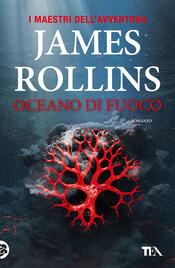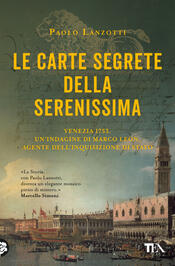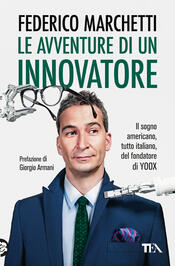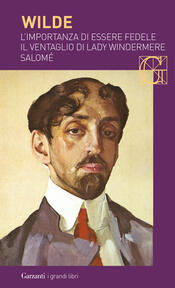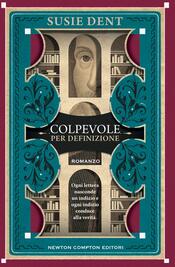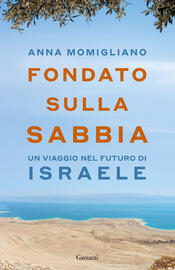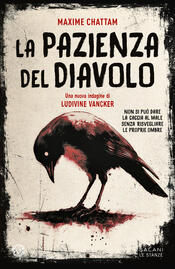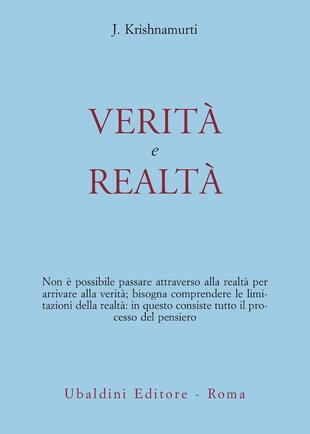

Sinossi
Quest'ultimo libro di Krishnamurti è composto da una serie di discorsi e dialoghi. Si apre con tre discussioni con David Bohm. In questa sezione Krishnamurti riprende il tema della verità così come è percepita dai sensi e della realtà così come appare alla coscienza. La relazione tra la verità e la sua realizzazione, e la realtà, che è altamente condizionata dai processi di pensiero e dalle tradizioni, è un altro tema che percorre tutto il libro. La prima discussione del primo capitolo serve da introduzione e indirizza verso una considerazione dei termini: si sviluppa in seguito ponendo stimolanti domande circa la possibilità di comprendere la verità. Poi, nella parte principale del libro, Krishnamurti osserva che la coscienza dell'uomo è composta di ogni sorta di concezioni errate sul 'me' o centro egoico. Il suo approccio è sempre sostanzialmente pratico: può l'uomo essere libero dalla paura, dalla sofferenza, può conoscere se stesso, qual è la sua relazione con la verità, quale il senso della sua vita condizionata dalla morte? Il libro si conclude con alcune domande e risposte che aiutano a far luce su certi argomenti che fanno parte del problema della vita quotidiana. Per esempio: il giusto modo di vivere; la sede della volontà e dell'emozione; il problema della sofferenza; e un passo rivelatore sul 'fattore unificante' nella meditazione e nella vita.
- ISBN: 8834005449
- Casa Editrice: Astrolabio Ubaldini
- Pagine: 128
- Data di uscita: 01-11-1978
Recensioni
This was my fourth book of Krishnamurti ,it was a fantastic read .It includes Dr Bohm and Krishnamurti's discussions on the theoretical physics, and it explains the truth, reality and actuality and how a human mind can enquire into these with and the prerequisites required to work upon and get settl Leggi tutto
[Όπως είπαμε, όταν υπάρχει πόνος, δεν μπορεί να υπάρξει συμπόνια και αναρωτηθήκαμε αν υπάρχει κάποια δυνατότητα για τον ανθρώπινο νου, για τα ανθρώπινα πλάσματα σε όλο τον κόσμο, να μπει τέλος στον πόνο. Γιατί χωρίς αυτό, το τελείωμα του πόνου, θα ζούμε μέσα στο σκοτάδι, θα δεχόμαστε κάθε είδους πί Leggi tutto
Lessons: I can formulate and think more for myself. I am human. I am the world, the world is me. So first think for myself. Solutions. Reasons. Explainations. Also: my definition of a word, can differ to yours. It is handy to explain definition of words. For self and in conversation.
Krishnamurti is sublime and stimulating. This isn't exactly a book, written as such, but a collection of excerpts from speeches and interviews. He can be incredibly arrogant and to call him eccentric would be an understatement, but i think this is his (Indian Brahman caste) upbringing showing throug Leggi tutto
Is it the thought that gives rise to feelings or do feelings give rise to thought? I would answer that question taking physiology into perspective. Does one have feelings in the head, the brain, or the mind? When one feels anxious, is there not an effect of that feeling/thought physically in the bod Leggi tutto
I absolutely love this book, Krishnamurti is a joy to read and has a wonderful poetic style discussing fundamental questions of reality and truth. Like most of his talks, it's very logical in tone yet deep in abstraction touching upon the limits of psychological thought (ego, selfish desire, etc).
complex- slow going- deep shit
Citazioni
Al momento non ci sono citazioni, inserisci tu la prima!





